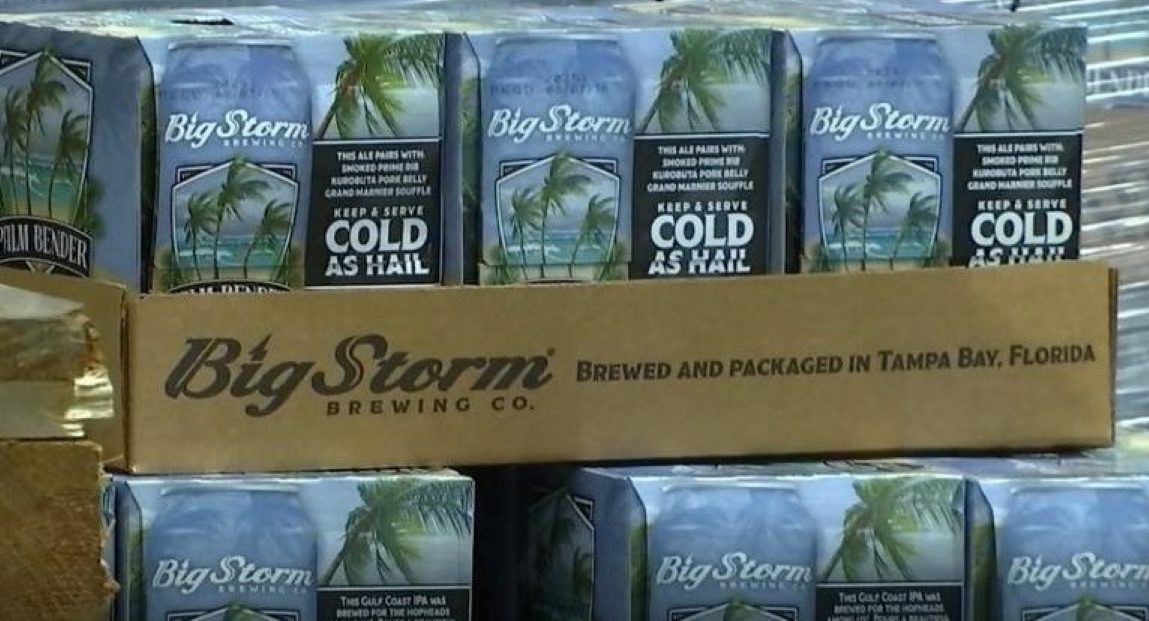Congress approves $2 trillion business support & relief package
March 27, 2020
Earlier today, the House of Representatives joined the Senate in approving more than $2 trillion in funding as part of the third phase of emergency relief and economic stimulus as the nation faces an unprecedented pandemic crisis. The bill now moves to the White House for President Trump to sign.
Known as the Coronavirus Aid, Relief, and Economic Security (CARES) Act, the legislation provides emergency relief, extension of social benefits, rebate payments to individuals, and expanded business support mechanisms, among a number of key economic policies.
Global site selection firm Hickey & Associates has assembled a summary of key items within the recently approved legislation.
Emergency Relief / Business Support Provisions
Legislative Bill Summary
Coronavirus Aid, Relief, and Economic Security (CARES) Act
Economic Development Funding
- $1.5 billion for Economic Development Administration grants to support states and communities suffering economic injury as a result of COVID-19
- $5 billion for Community Development Block Grant program to provide additional support for COVID-19 affected communities
- $1 billion in lending authority for the Rural Business Cooperative Service for the USDA-RD Business and Industry Loan Guarantee Program
Manufacturing Extension Partnership
- $50 million for small and medium-sized manufacturers across the country
- Waives statutory cost-match requirements for all FY2020 funding
Unemployment Insurance Expansion
- $250 billion funding infusion for federal unemployment insurance program
- Provides unemployed workers with an increase of $600 per week benefits for up to four months
- Expands federal benefits to non-traditional recipients, including gig workers, independent contractors, etc
- Funds an expanded 13 weeks of benefits through December 31, 2020
Paycheck Protection Program
- $350 billion loan program for businesses under 500 employees suffering impacts due to economic crisis
- Support payroll, mortgage interest payments, rent, and utilities from February 15th – June 30th
- Loans capped at $10 million with ability to cover employees earning up to $100,000 in annual wages
- Financing formula based on retention of employees versus same period in 2019
Recovery Rebate for Individuals
- $1,200 refundable, non-taxable tax credit for individuals / $2,400 for joint taxpayers
- Child tax credit of $500 per child
- Sliding scale for individuals earning up to $100,000
- Based on 2018 or 2019 tax returns
Economic Stabilization Financing
- $500 billion in loans, loan guarantees, and credit facility mechanisms
- Eligible financing for “seriously distressed and absolutely essential companies”
- Participating businesses must not engage in stock buybacks and are required a retain a minimum of 90% of workforce
- $454 billion will be controlled in a fund managed by the Federal Reserve
- Remaining funds will be for targeted industries:
-
- Up to $25 billion for airlines
- Up to $4 billion for cargo air carriers
- Up to $17 billion for businesses critical to maintaining national security
Small Business Loan Disaster Program
- Extension of financing support to businesses with less than 500 employees, independent contractors, and other entities
- Waives certain rules for the program, including personal guarantees for loans of less than $200,000, timing, and credit availability tests, among others
- Loans may be utilized for sick leave pay related to COVID-19, payroll, rent, mortgage, and dent repayments due to lost revenue
- May be eligible for forgiveness based on employee retention formula and costs incurred
Employee Retention Credit
- 50% refundable payroll tax credit for businesses affected by COVID-19 and suffering at least 50% loss in gross receipts from same quarter in previous year
- Determined on qualified wages paid during economic crisis
- If business has less than 100 employees, the credit can be for all employees
- Allows for up to $10,000 in wages plus benefits paid per employee
Additional Business Tax Provisions
- Delay of employer-paid Social Security payroll tax payments
- Allowance of net operation losses from 2018, 2019, or 2020 and suspension of 80% of taxable income limits
Coronavirus Relief Fund
- $150 billion for state and city expenditures related to COVID-19
- Funding is allocated based on population formula
- States will be allocated a minimum of $1.25 billion


